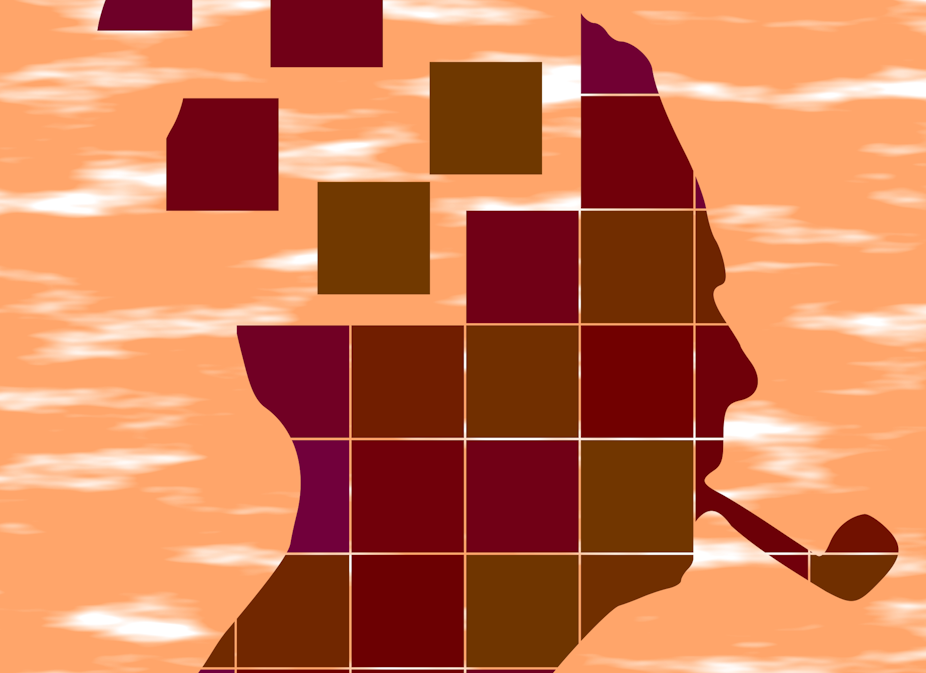Today, and for the next month, four major planets are aligned above us: Mercury, Venus, Mars and Jupiter.
Are we interested? Of course we are.
From the very beginning of human history we’ve been obsessed by the position of celestial objects in the sky. This was for very good reason. Sky positions of the sun and moon were used extensively in prehistory to predict changes of season.
The most famous ancient monolith dedicated to this task is probably Stonehenge. Our fascination for building giant stone calenders was for very practical reasons.
Agriculture and farming practices depend on the seasons, so it’s no wonder that predicting celestial events became a powerful lore. So much so that our ancient celestial links remain with us today in various pseudo sciences and astrology.
But surely we live in enlightened times?
We have Facebook, the internet and digital TV to inform us of the realities of life and the workings of the universe. Despite this wealth of knowledge, most (OK, many …) people today don’t understand the distinction between astronomy and astrology.
Worlds apart
Astronomy is about understanding the universe and its contents based on physical law, or rather a set of rules which are hopefully self-consistent.
Astrology, on the other hand, attempts to predict how the universe influences our lives – that’s you and me, people – via the positions of the planets and stars in the night sky.
How can the positions of the planets, millions of kilometers from Earth, induce brain altering emotions such as grumpiness, happiness or optimism? Well, maybe it all gets down to gravity.
Gravity brings me down
The “experts” say that, just as the moon causes ocean tides on Earth, so does the gravitational influence of other planets. Not entirely unreasonable, given all planets have mass, which is the origin of gravity.
Also, the so-called tidal force on a spherical body, such as Earth, from another body, such as the moon, originates from a differential force (science lingo for the force being stronger on one side of the Earth than the other). This induces a distortion of the sphere’s shape, which causes stress on the body (Earth).
So it appears that tidal effects from celestial bodies can cause stress here on Earth. How will this affect us physically or psychologically? Can my bad mood be blamed on celestially-induced tidal effects (CITE for short)?
A distortion of my brain? I believe that if I lived anywhere near a black-hole or neutron star the tidal force would be so strong my body would be stretched into a long strand of spaghetti.
Then I would be stressed. Back to Earth. What if all the planets, or at least the big ones, lined up with the Earth – just as they have, you know, this very morning! This must be cause for concern! Aaarrrgghhh!
You can’t force me
The problem is that CITE should be very, very, tiny for a planetary alignment, mainly because the tidal force is inversely proportional to the distance cubed to the other planet.
To put things in perspective, the estimated tidal force on Earth from Venus, which has the strongest influence apart from the sun, induces a tidal force only 0.005% of that of the moon tide.
Put another way, I am living with a CITE from the moon that is 100,000 times more powerful than Venus! Funny thing is I never noticed I’m being stressed from the moon.
I have to conclude we humans have evolved over millenia to deal with CITE stress from the Moon. The biggest influence planetary alignment will have on our lives is dealing with the stress of listening to the growing fringe of CITE believers.
I read my stars this week and they said my intolerant attitudes would cause me stress this week … hmm.

